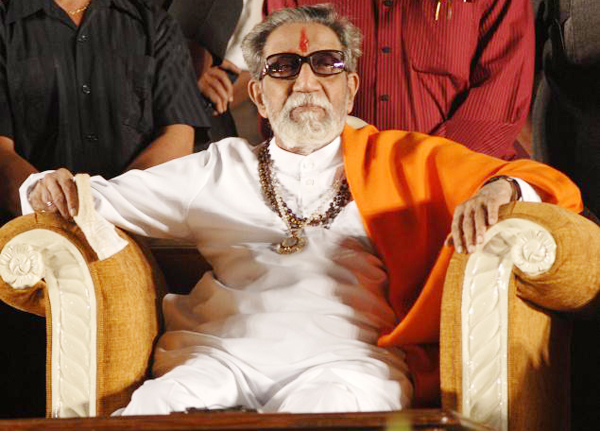
Mumbai, November 17: Bal Thackeray, a maverick politician who roused emotions on Marathi pride and catapulted Shiv Sena to power in Maharashtra in the 1990s, died today after having been critically ill for the past few days.
The 86-year-old cartoonist turned politician, known for his strong views and speaking his mind, sometimes bordering on the offensive, breathed his last at 3.30 PM at his residence 'Matoshree' in suburban Bandra.
"He had suffered a cardiac arrest. We could not revive him despite our best efforts. He breathed his last at around 3:30 PM," Dr Jalil Parkar, who treated the Sena supremo, told reporters after emerging from Thackeray residence this evening.
Thackeray is survived by sons Jaidev and Uddhav, who is the Executive President of the party. His nephew Raj had split from the family and found his own Maharashtra Navnirman Sena over six years ago following a succession row.
A rabble rouser, who started out as a cartoonist alongside R K Laxman in the Free Press Journal in the 1950s, founded the Shiv Sena in 1966 on the plank of job security for the Marathi manoos (sons of the soil) which translated into attacks on South Indians whom he had blamed for taking away the opportunities from the locals.
Later, his politics also centred around Hindu identity and anti-Congressism and was also unrestrained in his Muslim bashing.
Known for paralysing Bombay, as Mumbai was called then, at any opportunity, Thackeray initially concentrated on the metropolis but later spread his politics throughout the state and tied up with the BJP to remain its longest ally till date, sharing the saffron agenda.
Always the kingmaker, Thackeray was largely instrumental in ending the Congress hegemony in Maharashtra when the two parties stormed to power in 1994 and they shared power even at the Centre between 1998 and 2004. He never occupied any office.
Thackeray, who had relegated himself to the background after anointing Uddhav as his successor, had been suffering from respiratory problems and pancreatic disease.
Senior party leaders, Raj Thackeray along with family members and other political leaders rushed to 'Matoshree'.
Meanwhile, security has been stepped up in the metropolis in the wake of Thackeray's death.
President Pranab Mukherjee and Prime Minister Manmohan Singh condoled the death of Thackeray. Singh cancelled a dinner for BJP leaders scheduled today ahead of Parliament session following Sushma Swaraj's request.
Interestingly, notwithstanding his strong anti-Congress stand, Thackeray extended his party's support to Pratibha Patil, also from Maharashtra, in the Presidential election in 2006 and later to Mukerjee in this year's election.
Despite the setback in his health in the last few days, Sena leaders and the party mouthpiece 'Saamna' kept maintaining that he was improving. Eminent personalities from politics, Bollywood and industry have been thronging his residence ever since.
Media persons and Sena workers stationed outside 'Matoshree' realised around 4 PM that there was some development as several senior leaders from Sena, BJP and other parties started arriving and police were seen to have become more alert.
As the speculation rose, Shiv Sena leaders Sanjay Raut, Diwakar Raote accompanied by Dr Jalil Parkar, who had been treating Thackeray for the last three years, came out around 5 pm to announce Thackeray's demise.
On hearing the news, a frenzied mob of Shiv sainiks tried to enter 'Matoshree' by raising slogans "Bal Thackeray Amar Rahe' while police tried to prevent them from going inside and enhanced security allover.
Many of them in the crowd broke down on hearing the news about their leader's death.
Thackeray's health kept fluctuating since last few days with his son Uddhav appealing to Sainiks "to maintain calm and pray for his father" on Thursday night.
Shiv Sena spokesperson Sanjay Raut appealed to people to maintain peace and harmony.
Thackeray was being treated by doctors from Lilavati Hospital. No medical bulletin was issued, but Sena leaders briefed the media daily.
The condition of Sena patriarch worsened on Wednesday night when he had to be put on life support. He was taken off life support later after showing signs of improvement. In the last three days there was a steady stream of visitors to Matoshree, including Bollywood personalities. Among them were Amitabh Bachchan and his family, Salman Khan along with father Salim and brother Arbaaz, filmmaker Madhur Bhandarkar, actress Hema Malini, yesteryear stars Manoj Kumar, Jitendra and Rakesh Roshan.
Political bigwigs like NCP chief and Union Agriculture Minister Sharad Pawar — Thackeray's old friend; BJP president Nitin Gadkari, and senior leader Gopinath Munde, Maharashtra chief minister Prithviraj Chavan, home minister R R Patil, finance minister Jayant Patil among others visited Matoshree.
Thackeray addressed Shiv Sainiks every year on Dussehra at Mumbai's Shivaji Park since Sena's inception. However, this year he could not attend the annual event, and his recorded address was telecast.
In this recorded speech, Thackeray, visibly very ill, appealed the workers to support his son and executive president Uddhav Thackeray, and grandson and Sena youth wing president Aditya Thackeray. "I have collapsed physically," he had said.
Related: Bal Thackeray: Leader who brought ethnic politics to Mumbai melting pot
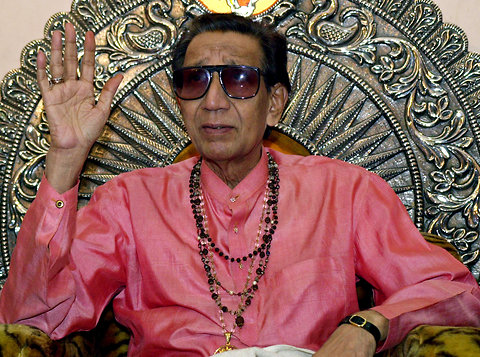
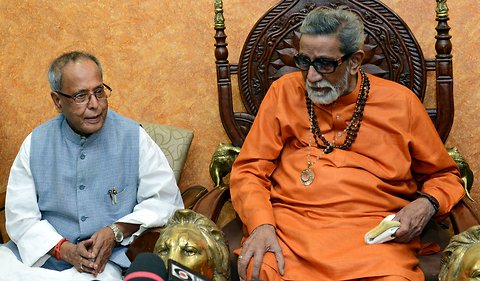
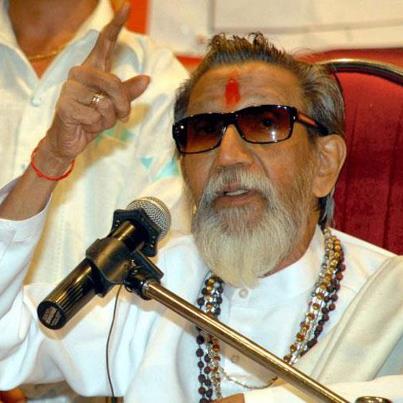
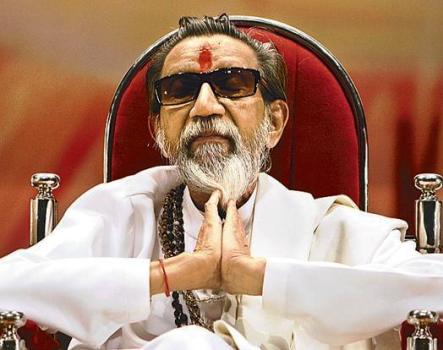
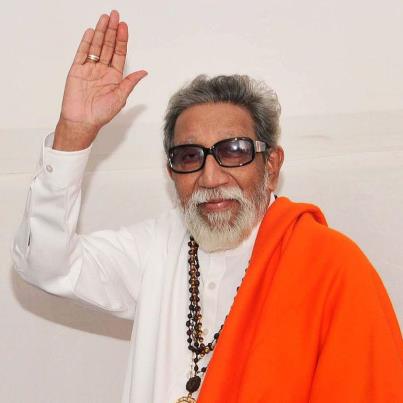





Comments
Add new comment